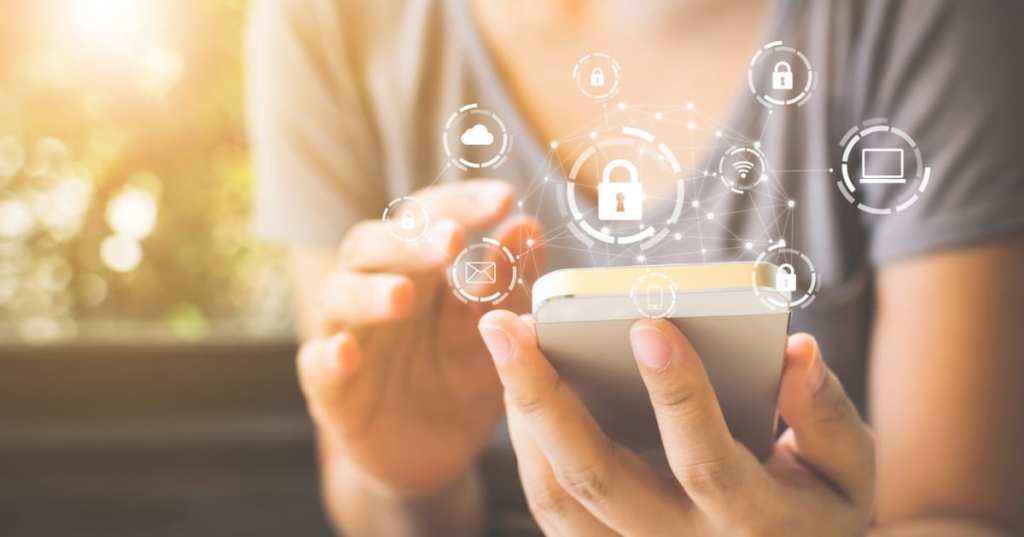Trending Now
I would hope that everyone these days realizes that pretty much nothing we own is secure.
We trust companies to monitor things like fraud when it comes to our bank accounts and credit cards, but with devices listening in all the time and security on apps and tablets and phones that’s dubious at best – it can’t be so good that an employee can’t crack it when we inevitably lock ourselves out – it’s not smart to keep anything on your device that would make your life miserable at best.
Along those lines, here are 6 specific things you should never, ever keep on your device.
6. Personal photos or videos.
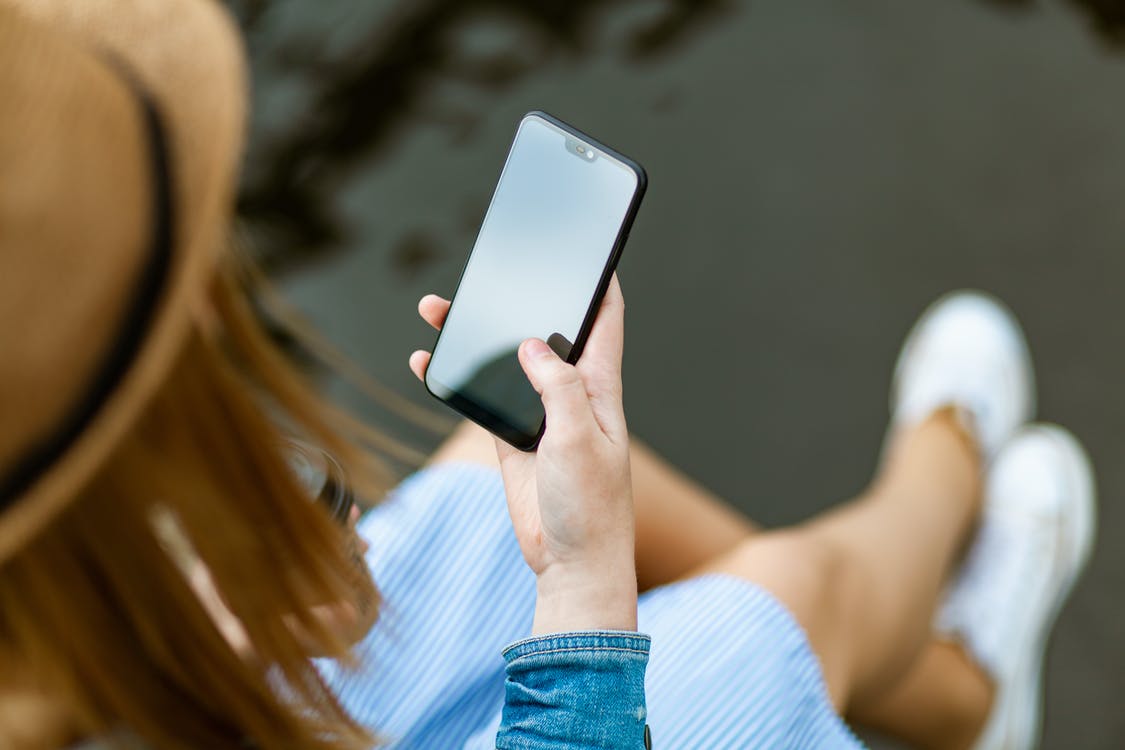
Image Credit: Pexels
Of course you know that you shouldn’t be posting personal – ahem – stuff to social media, but if someone hacks your phone, your boss, parents, kids, etc could all end up seeing them anyway.
I would personally urge you not to store those types of images at all, but if you must, a personal computer with a solid password is the best option.
5. Your passwords.
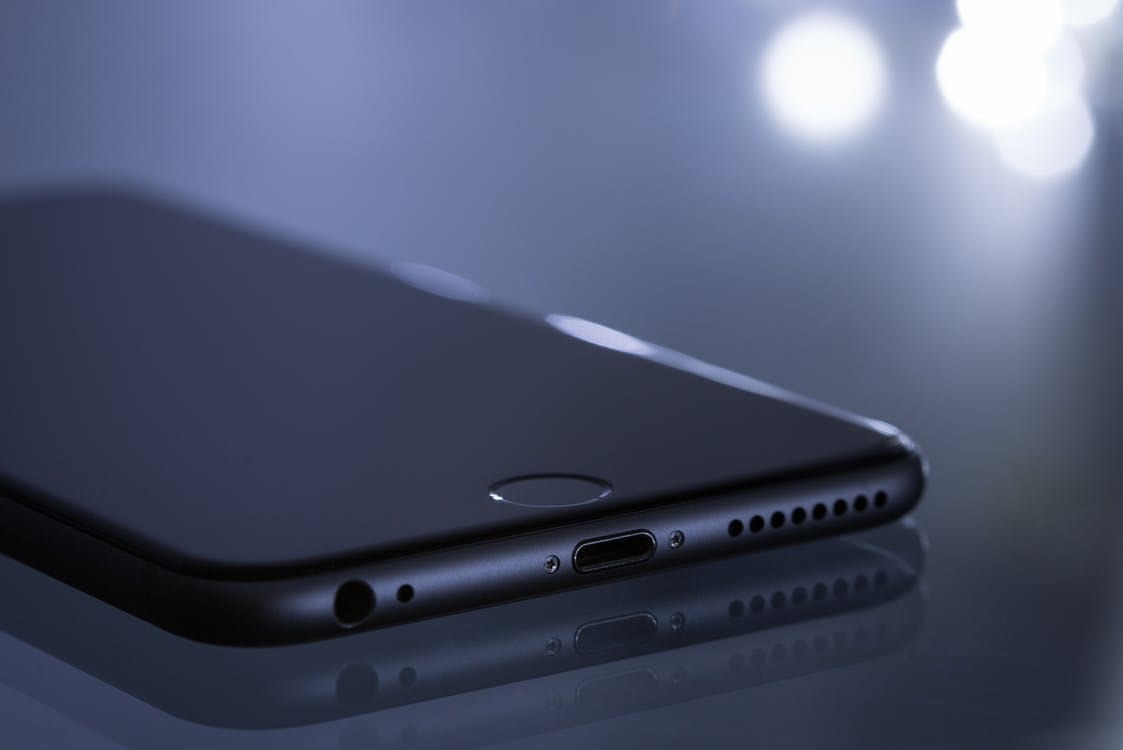
Image Credit: Pexels
If you’re following password rules like always use a strong one, and don’t use the same one over and over again, there’s a good chance you’re not going to be able to remember them all.
If you need to write them down, definitely don’t do it in a document on your phone.
Instead, consider downloading a password manager like Keeper, Dashlane, or LastPass to keep everything in one place, but also secure.
4. Pictures that contain sensitive information.

Image Credit: Pexels
Any pictures of your credit cards, checks, anything with your address, full name, or birthday – always delete those, and never share them. Treat them the same as you would any images you wouldn’t want seen by a third party, and come up with a password no one could guess.
3. Your fingerprint.

Image Credit: Pixabay
The fingerprint identification is easy, and it seems secure, but is it really? If someone was robbing you, it’s easy enough to force your finger onto your phone – a password takes more steps and is more secure, even if you’re just wanting to protect against “pranks” by your friends.
2. Your bank account information.
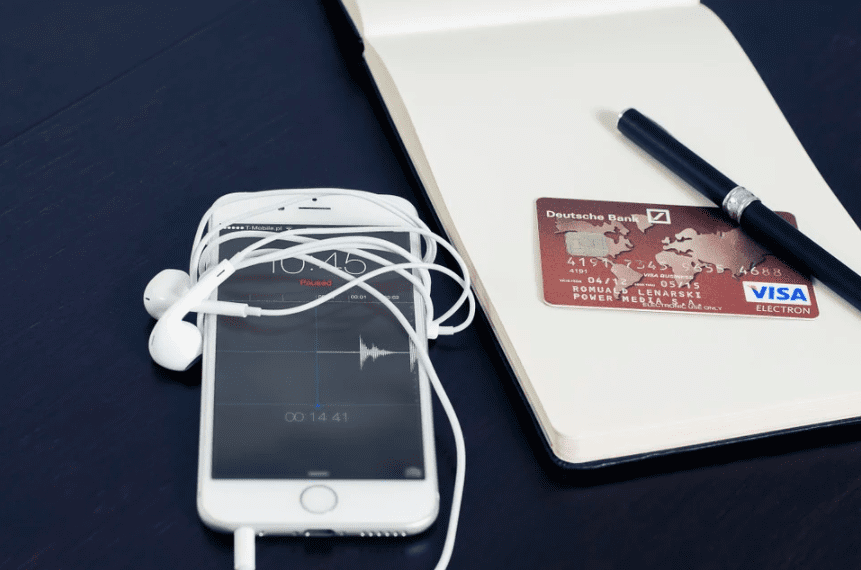
Image Credit: Pixabay
Online banking is great, and so is being able to use your checking or savings account to pay bills on the computer. It’s convenient, sure, but having that bank account information on your phone means you can easily lose it – or it can be easily hacked.
Avoid doing your online banking on your phone; use your computer instead because the website has more encryption than the app.
1. Your face.
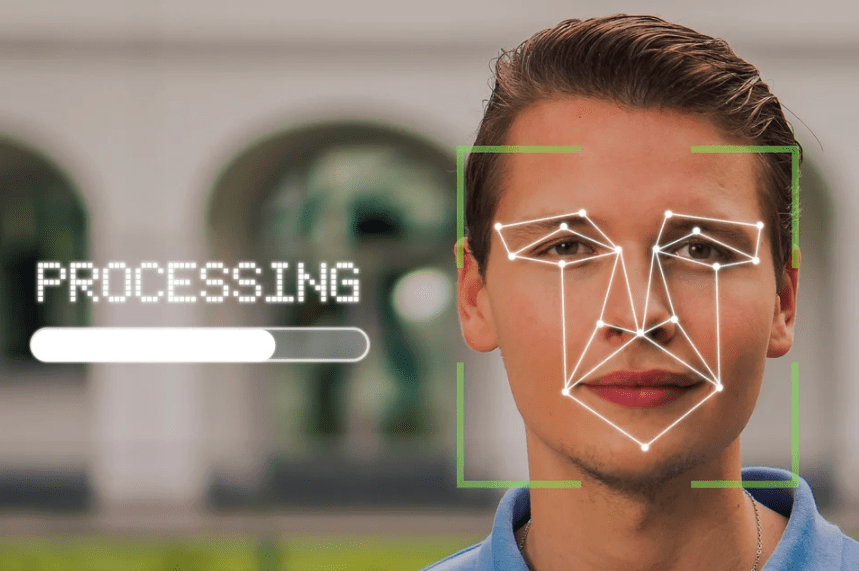
Image Credit: Pixabay
Your face is stronger than your phone, as far as security, but it has the same ultimate pitfalls – someone could force you to open your phone and then simply take what they want.
Use a strong password. If nothing else, it will buy you some time if something bad happens.
I learned a thing or two, and had a few more reiterated for good measure.
Is there something you would add to this list? Share with us in the comments, please!

